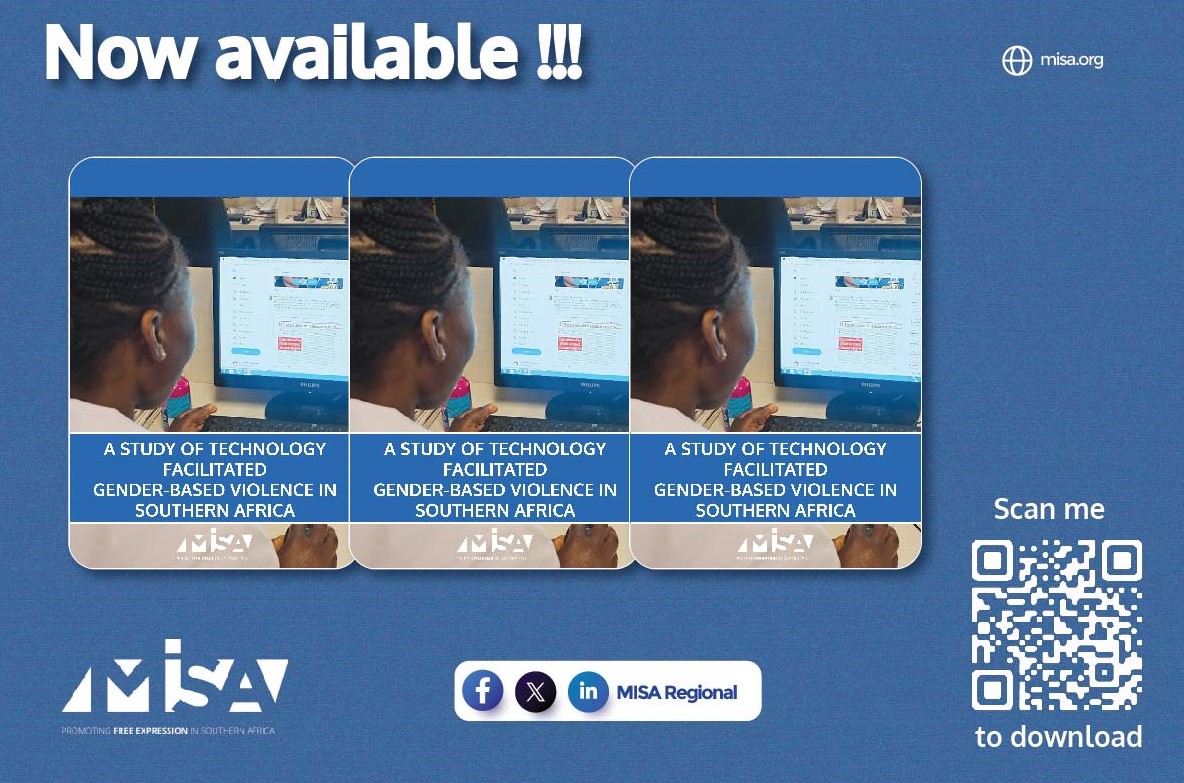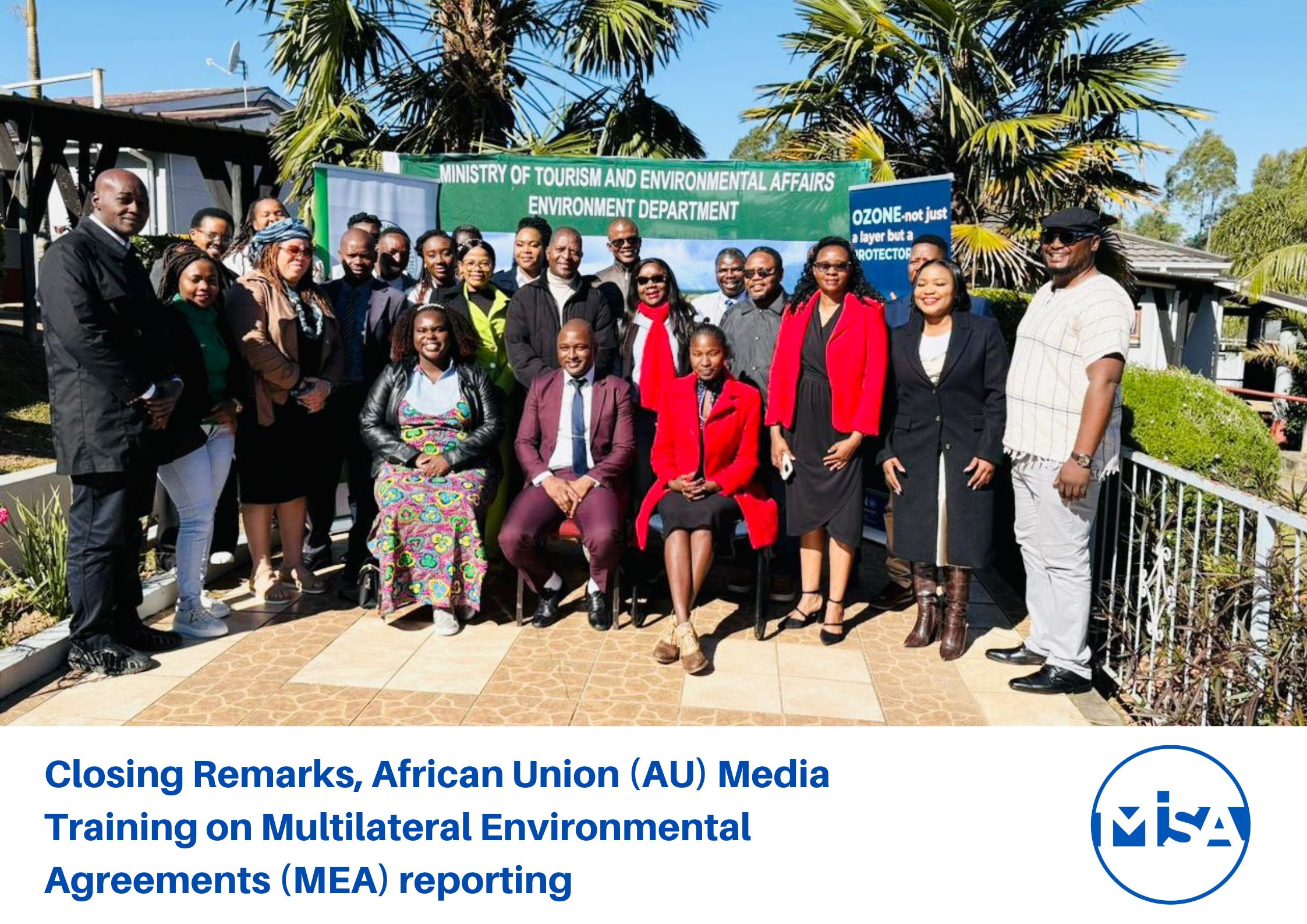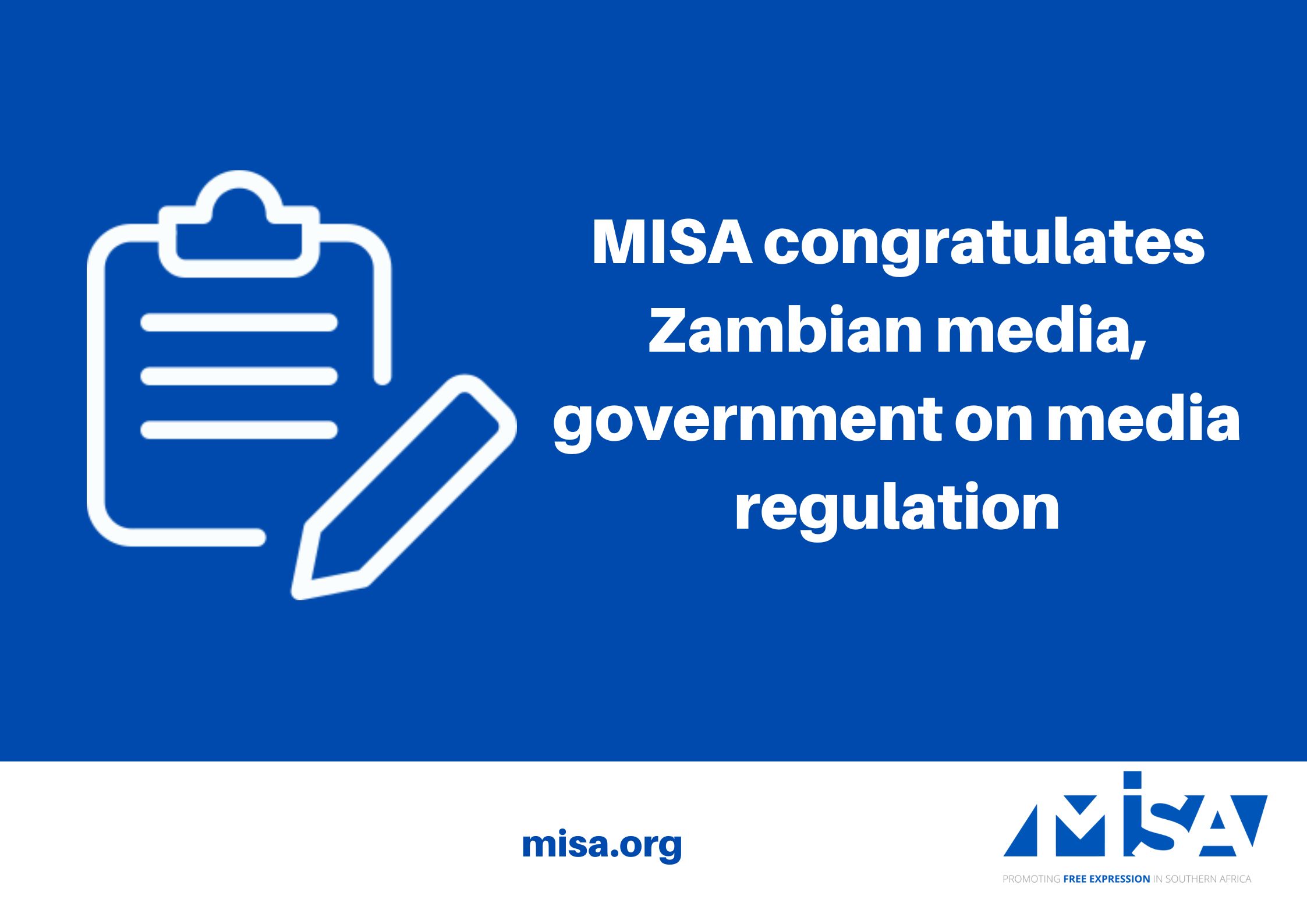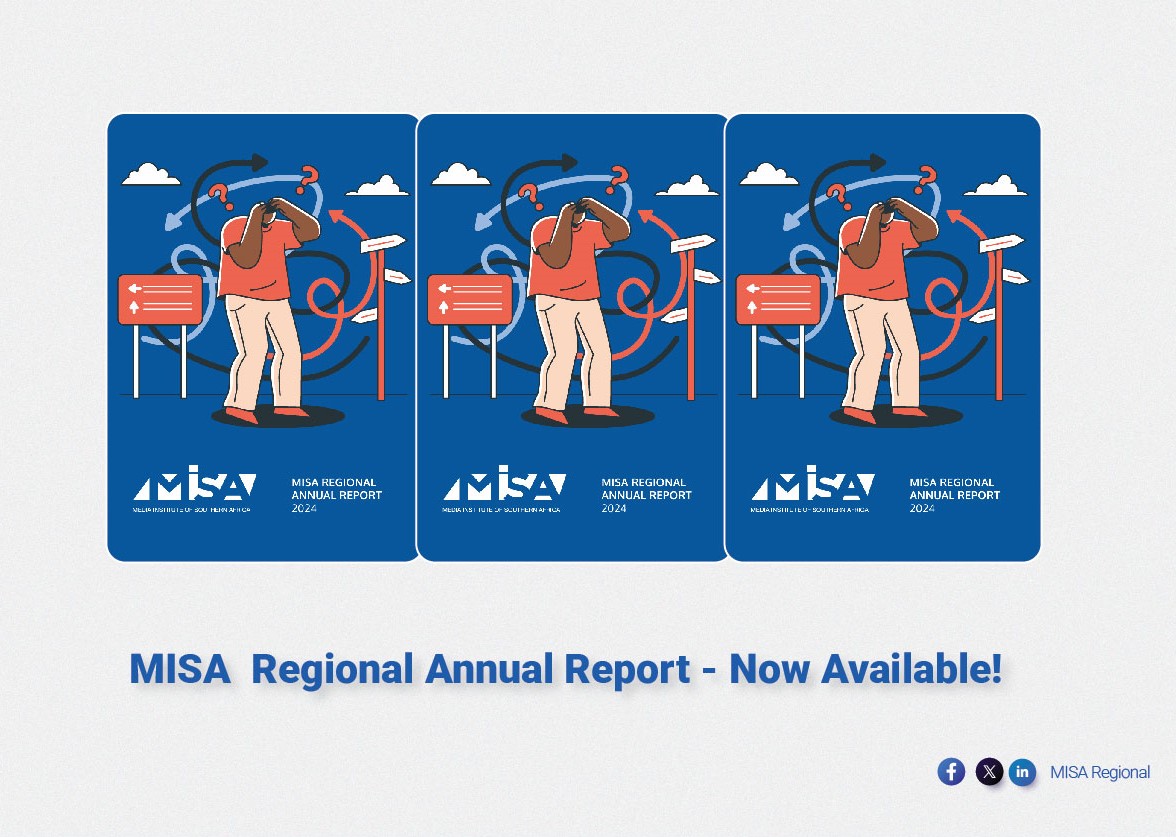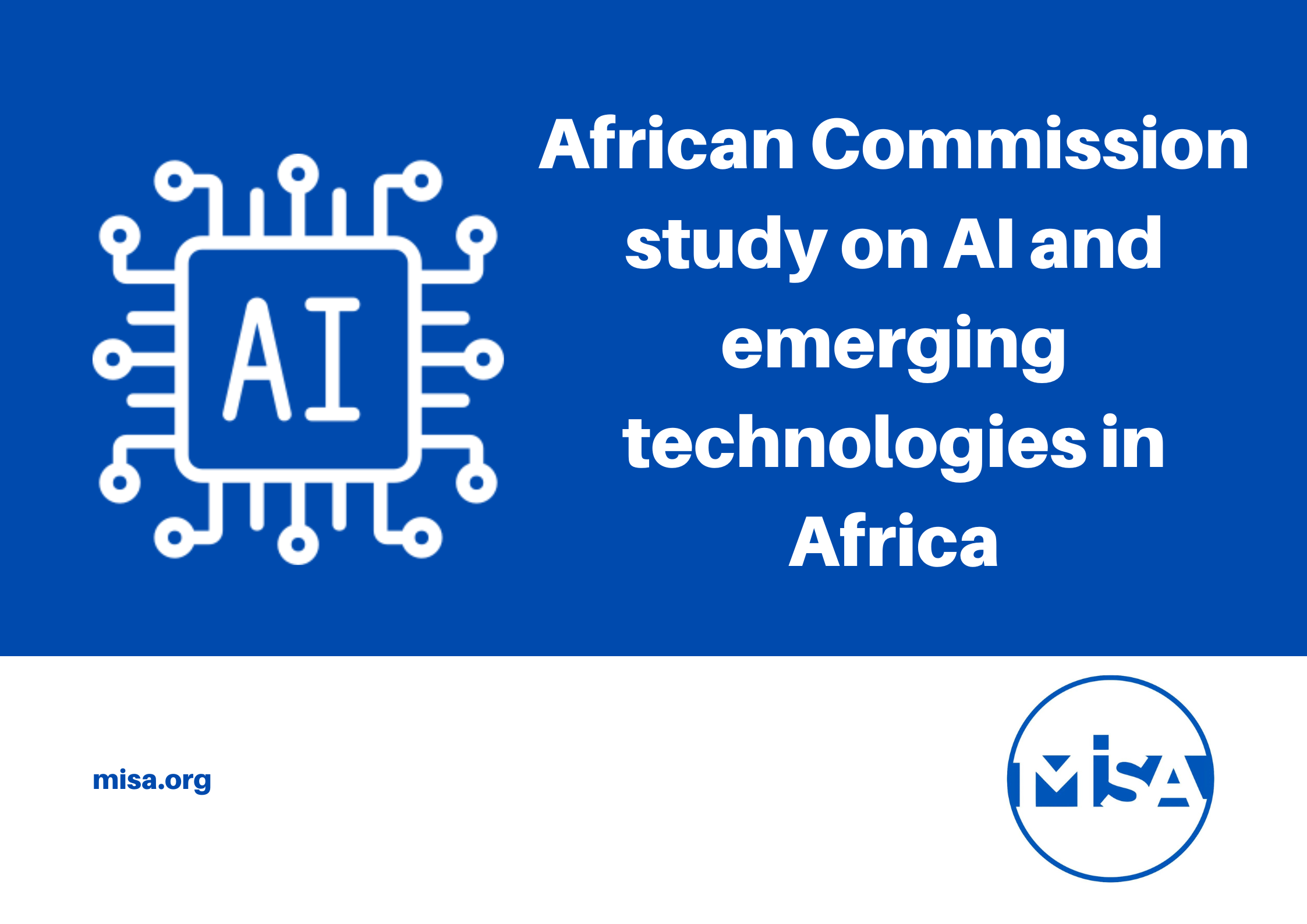FOREWORD
ADVANCES in technology have been a blessing for democracy and active citizen participation in governance.
The internet has improved the way we communicate and facilitated access to information in a way that was unthinkable a few decades ago.
However, while democracies have been enhanced by the growth of the internet and social media, these technologies have also provided for the swelling of online attacks on journalists, particularly women media workers.
While both men and women journalists face attacks online, women journalists bear the brunt of sinister and gendered attacks, also known as technology-facilitated gender-based violence (TFGBV).
These attacks are carried out and amplified through digital spaces against a person based on gender.
The net effect of TFGBV is that women journalists are driven by online platforms and social media.
Women journalists are often then forced to self-censor and silenced for fear of being attacked online.
This has an adverse effect on the diversity of news and access to quality information.
Unfortunately, where there are fewer women participating in online platforms, these platforms cease to be representative, negating the internet’s democratic credentials.
Instead of enabling democracy, social media and the internet have become echo chambers, where a significant proportion of the population is unable to participate in debates because of the TFGBV.
This phenomenon is ever evolving and makes it difficult to monitor, document and report the violations.
Through this report, MISA, with the support of the UNESCO International Programme for the Development of Communication (IPDC), sought to understand how widespread the issue of TFGBV is in Southern Africa and what can be done to curb the scourge.
The report notes efforts to address the scourge through continental instruments such as the African Commission for Human and Peoples’ Rights (ACHPR) Resolution on the Protection of Women Against Digital Violence in Africa.
Notably, the resolution calls on nations to “undertake measures to safeguard women journalists from digital violence”.
However, more needs to be done in that regard, with countries being encouraged to domesticate the resolution to protect women journalists online.
Globally, the statistics are staggering. It is reported that at least 73% of women journalists say they have been victims of TFGBV.
This should serve as a call to action — that more needs to be done to safeguard women journalists from TFGBV.
Through this report, MISA calls for a multi-stakeholder approach that includes governments, civic society, large online platforms, journalists, inter-governmental organisations and academia, among others, to take steps towards addressing this scourge.
This report serves as MISA and UNESCO’s commitment to producing evidence-based knowledge products that can contribute to safe digital spaces.
Golden Maunganidze,
MISA Regional Chairperson




